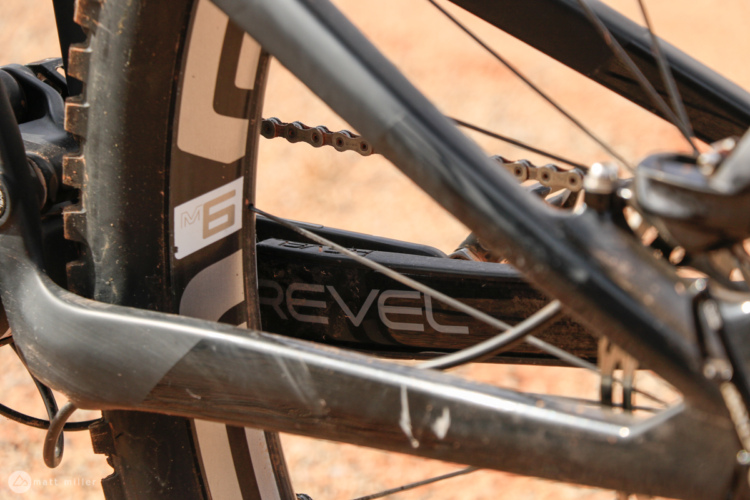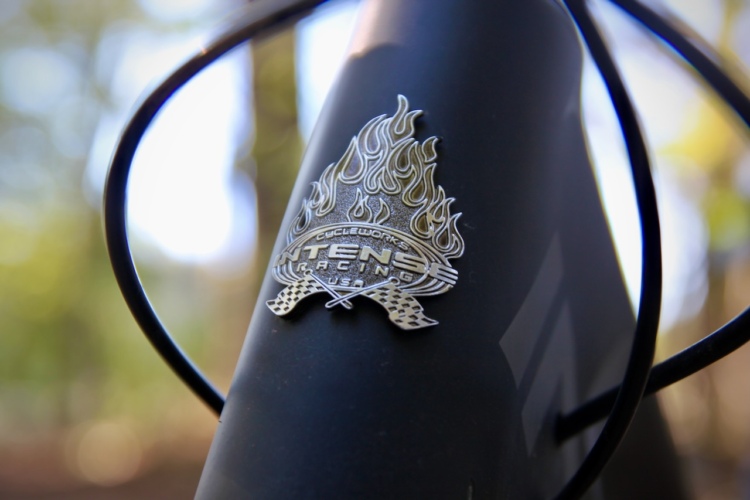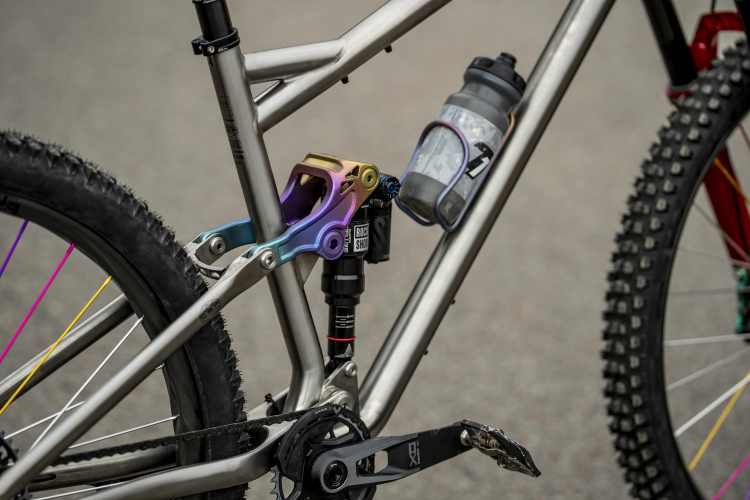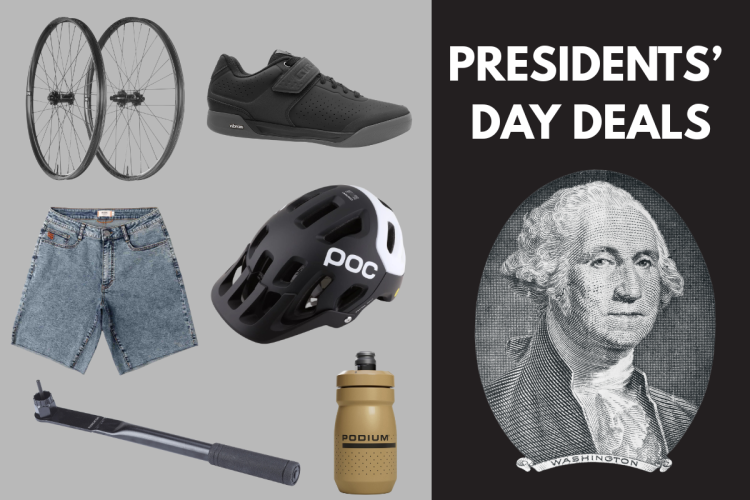
Revel Bikes founder Adam Miller announced today that he has purchased the troubled brand back from its private equity owners. Miller, who launched Revel along with a small team in 2019, partnered with Next Sparc Growth Partners, “a professional family office,” in 2021 and completely stepped away from the company in early 2024. Last month, Revel’s owners announced the brand was winding down after their bank foreclosed on $8M in debt, opening the opportunity for Miller to buy the company back.
Private equity investors faced recent challenges
Revel got its start in 2019, and the next year, 2020, saw unprecedented demand for bikes across the industry due to the COVID-19 pandemic. The brand was growing, and Miller saw an opportunity to continue expanding the business by partnering with Next Sparc Growth Partners, which made an unspecified investment.
“I was planning on sticking with it and just staying on,” Miller told me over the phone late last week. “I was kind of excited that there’s private equity, we’d have more resources, more money to kind of build a business with.”
Financial data provider Prequin says Next Sparc Growth Partners is a private equity firm that “makes majority acquisition and controlling investments on growth-stage in software and technology sectors.”
Revel quickly invested in establishing its own facility in Taichung, Taiwan, and moved carbon frame production to a better factory in Vietnam. Though Miller stayed on with the company during the transition, he wasn’t happy with some of the changes implemented by the new owners, particularly with what a press release characterizes as an “aggressive growth-at-all-costs model” that led to higher overhead and expanded levels of inventory.
“I knew I wasn’t really on the same page as the private equity guys and how they were running it, and how much money they were spending. But I still didn’t expect it to close.”
In his assessment, “private equity isn’t always the easiest,” Miller told me. “You need to be a bike person to figure out the bike industry.”
Miller found out that Revel was closing just a day before the announcement to dealers was made in late April. “It was horrible news. I was devastated.” He quickly sprang into action to buy the company back, and yesterday the final paperwork was signed, making Revel his company once again.
The bike business is hugely capital-intensive
Private equity investors and bootstrapped founders alike face a capital-intensive business when it comes to financing a bike brand. Companies have to pay for bikes many months before they even arrive in shops, tying up huge sums of cash in the meantime. Before bringing on private equity investors, Miller was constantly borrowing money “from everybody,” and at one point had two mortgages on his own home in order to finance the business.
In fact, a similar cash crunch is what ultimately led to problems for the private equity owners. “We had exhausted every option, but with over $8M in secured debt—coupled with industry-wide challenges—we were forced to begin a wind-down process after our bank foreclosed on our senior debt,” the company wrote in a public announcement.
Higher interest rates over the past few years have made it even more expensive for bike brands to finance production, so challenges clearly remain.


What the future looks like for Revel with Miller and team back in charge
Miller has been in touch with some of the original team members about his return, and what Revel might look like as a truly independent bike brand once again. Though nothing had been confirmed at the time of our conversation, Miller was upbeat and clearly excited to be reunited with the team.
“The business is going to be smaller, leaner, and smarter, and the team and I are more motivated than ever to make Revel what we always knew it could be,” he said.
According to a press release, Revel plans to focus on direct-to-consumer bike sales and also a frame-to-dealer program that could be similar to the new retail model Intense is pursuing. The company is set up to ship bikes to customers and dealers directly from Taiwan, which should make the company leaner and more agile, and Revel hints that retail pricing will be lower than pre-COVID levels.
In addition to the updated sales model, the release notes that “Revel will continue to honor the lifetime warranty and full customer support for all Revel products ever sold,” which is good news for current bike owners.
“I love the bike industry, and if it can’t make as much money compared to something else, that doesn’t really matter to me,” Miller said. “But if you can make a sustainable business that does well enough, and we all get to ride bikes and talk about bikes, that’s a pretty good deal in my world.”











8 Comments
May 22, 2025
May 22, 2025
May 21, 2025
May 23, 2025
May 23, 2025
May 22, 2025
May 23, 2025
May 21, 2025